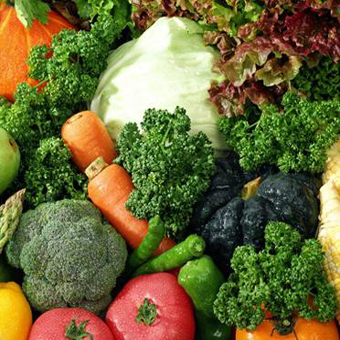Scientific literature strongly associates polyphenol rich diets with a reduced risk of cardiovascular events. Polyphenols are natural antioxidant molecules of vegetal origin. Research authors analysed the main ingredients of the Mediterranean sofrito: tomato, the main one, onion, oil, corn flour and, in some cases, garlic. Researchers applied high-resolution mass spectrometry techniques which enabled to analyse the different components of some commercial trademarks which are distributed national and internationally. All samples were elaborated using products of traditional agriculture, so they were all cultivated in a similar way.
The research identified forty polyphenols in sofrito samples. Rosa M. Lamuela explains that “those sofrito which contain extra-virgin olive oil have better antioxidant properties as they are richer in phenolic compounds. Those with better antioxidant properties are the ones which contain protocatechuic acid, for instance quercetin”. “The differences found among sofrito samples —adds Lamuela— may be due to their different ingredients (tomato, garlic, onion, olive oil) and different proportions used to cook them”. The research also identified other compounds with health-promoting effects, for example carotenoids.
Authors affirm that sofritoʼs beneficial effects on human health are better than the ones obtained from the consumption of each ingredient separately. “First, there is a synergistic effect among ingredients which is translated into a higher number of total polyphenols. Second, the sofrito contains more polyphenols than tomato or tomato juice because garlic, oil and onion provide polyphenols too”, highlights the first author of the article, Anna Vallverdú Queralt.
The Research Group on Natural Antioxidants of the UB has carried out several remarkable international studies on nutrition and cardiovascular disease prevention. It is part of the Department of Nutrition and Bromatology of the UB, the Food Technology Reference Net of the Government of Catalonia (XARTA) and the Nutrition and Food Safety Research Institute (INSA-UB). The Research Group is also member of the networks CIBER of Physiopathology of Obesity and Nutrition (CIBERobn) and RETICS, of Carlos III Health Institute. It has published other researches on the polyphenol content of ketchup and organic tomatoes, and the cardiovascular health-promoting effects of gazpacho consumption.

